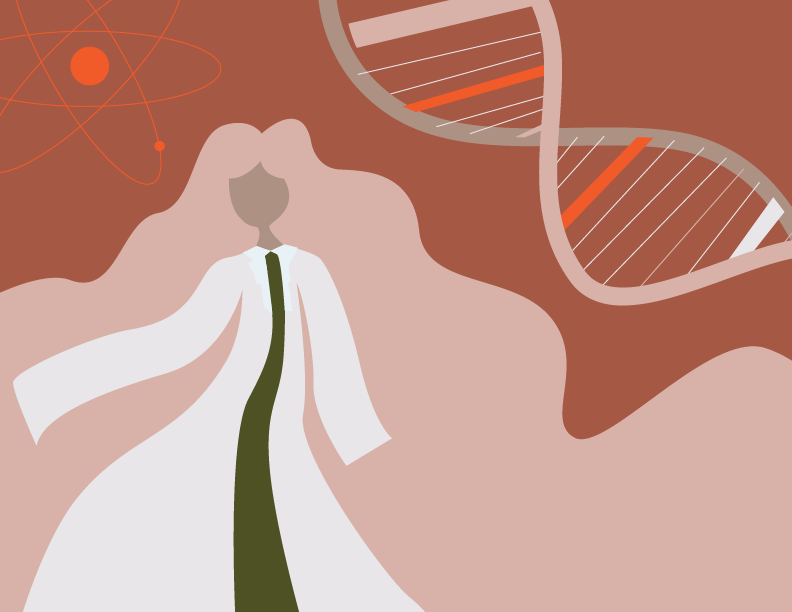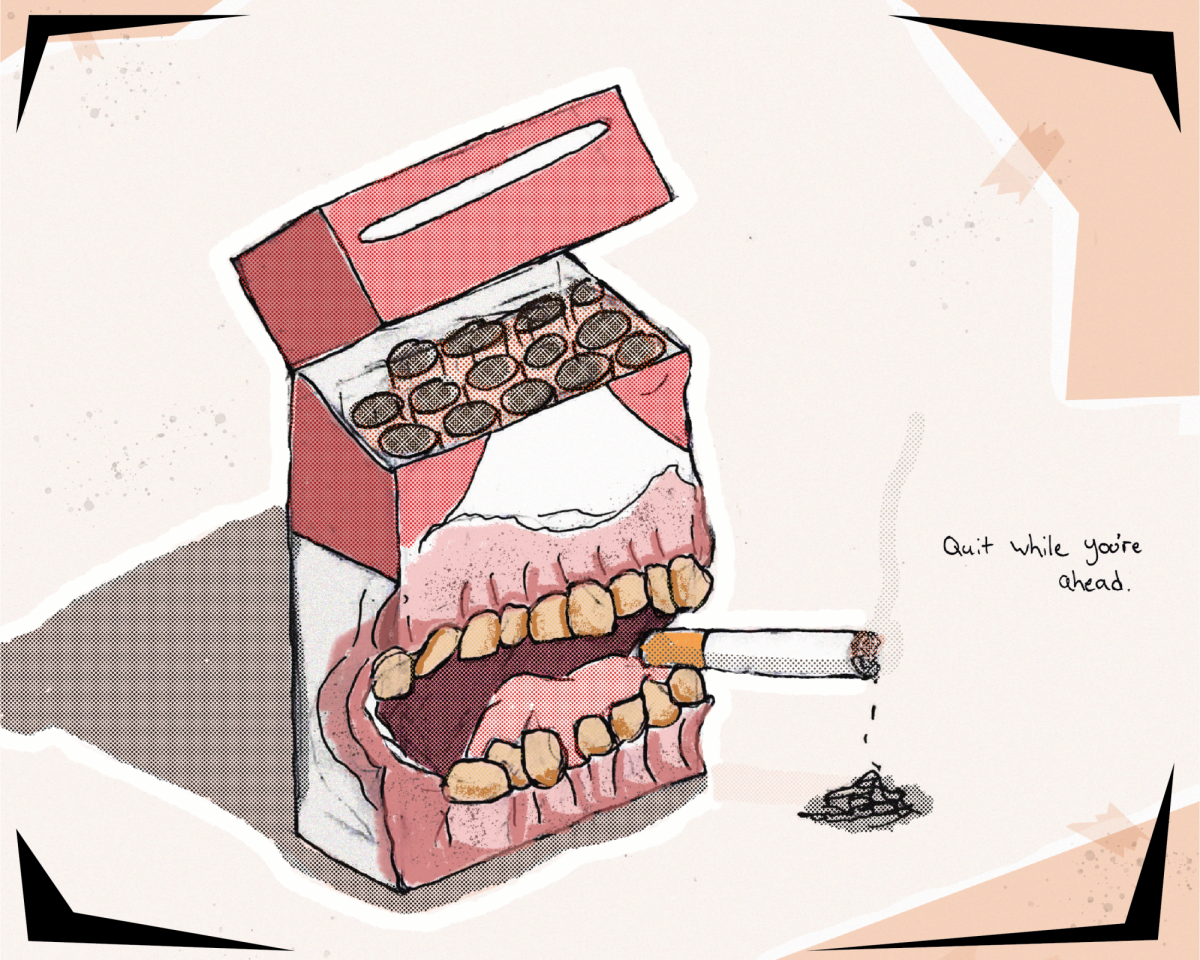“Pissing and shitting in suspect’s homes during raids, on their beds and clothes.” This is just one of many disturbing and frankly disgusting instances of routine police injustice revealed by Michael Wood, former Sergeant of the Baltimore PD.
In response to the release of Freddie Gray’s autopsy results, which confirmed that the young man was murdered while in police custody, Wood initiated a series of shocking tweets describing heinous abuses of police power that he witnessed and participated in as a former officer in Baltimore. Though his tweets describe scenes of gut-churning corruption and unbelievable brutality, they are refreshingly blunt and poignant. In a time of extreme polarization, when the “us versus them” mentality between police and the public is so pronounced, it is a breath of fresh air to hear from someone who has seen both sides, and can speak from both perspectives.
As an 11-year veteran, Wood can honestly attest to the callous brutality commonly perpetrated by police officers, but he also understands the psychology underlying that kind of behavior, and he is able to articulate potential solutions. His courageous public comments lend unique insights into the perceptions and attitudes of our police force, attitudes which Wood says need to change.
“A detective slapping a completely innocent female in the face for bumping into him, coming out of a corner chicken store.” Can you imagine working with someone who does that, and not being able to do or say anything about it? On the Joe Rogan Experience podcast, Wood explained that he didn’t report this type of behavior because doing so would have put his job in jeopardy. According to Wood, officers who report internal abuses of power are not rewarded as they should be, but are more often branded as traitors and eventually elbowed off the force. However, Wood admits that even if he could have safely filed complaints about the violations he witnessed, he probably wouldn’t have at that time in his life. “What’s really hard to convey,” said Wood, “is that some things are so commonplace, they didn’t register until I was on the other side.”
Wood is in a unique position to help average Americans comprehend the thought processes and practices that contribute to the desensitization and complacency of well-intentioned police officers. “You go in with these grandiose ideas that you’re going to help people … but I wasn’t doing what I set out to do. I was actually exacerbating the situation,” said Wood. “You don’t think about it, you just ignore it.”
Therein lies an inherent irony of policing: while enforcing the law, many officers artificially elevate themselves above it, and the few who are strong enough to resist that tendency are obliged to work with the majority who are not. Officers like Wood, who join the force out of an earnest desire to help people, are presented with a tortuous ultimatum. Either they conform to — or intentionally ignore — the culture of violence and abuse among police, or they try to correct it. In order to really be a cop, to be a part of the policing community, officers have to embrace the former option, even when it stands in direct opposition to the good, idealistic intentions that inspired them to become police in the first place. If they opt for the alternative and become whistleblowers, they are cast from and condemned by the community they are trying to improve. It’s really a lose-lose situation, and good officers are made to sacrifice a cherished element of their identity either way.
Looking back, Wood acknowledges that there were myriad instances when he should have reported other officers for assaulting innocent people. But while Wood was in the middle of it all, he was blind to the moral imperatives that are so clear to him now that he’s off the force. As a cop, Wood said he wasn’t his normal, empathetic, human self. In fact, at the time, he believed he couldn’t allow himself to be fully human and still do the job — it would be too emotionally taxing. In order to be a physical embodiment of the law, to earn the respect of the people he was policing and working with, and even just to put up with those people on a daily basis, Wood felt he had to be somewhat of an automaton: “If I was spit on, I realized they weren’t spitting on me, they were spitting at the uniform … It wasn’t personal.” Like an actor, he had to fully embrace and immerse himself in his role as a law enforcement officer — a role that Wood says is practically impossible to truly satisfy.
The dilemma built in to being a good cop — one who doesn’t go around bouncing people’s heads off the pavement whenever they are personally insulted — is that it requires a degree of emotional distance. At the same time, however, it requires a certain amount of personal accountability, which tends to go out the window whenever people successfully separate their emotional selves from their actions. This is a frightening predicament for our police officers to be in. Like going from Dr. Jekyll to Mr. Hyde, people like Michael Wood have to transform into policemen like Officer Wood. Unlike Michael Wood the civilian, Officer Wood doesn’t question the ethics of his behavior, or the behavior of his colleagues, because they are cops, and cops are the good guys. Merely by virtue of wearing a badge, any action an officer takes is perceived to be just, or at least justifiable — even when it isn’t.
Wood has proposed that the underlying issue is a matter of power. Police, he says, have way too much of it, and can abuse it too easily without consequence. There are plenty of good cops out there, but they are too often washed out by an overwhelming torrent of policies and practices designed not to help people, but to catch criminals. Sadly, these two objectives are fallaciously conflated by our policymakers, to the detriment of ourselves, our police and our country.
Michael Wood has some very thoughtful, well-informed and compelling recommendations for how we might go about fixing this broken system. In broad terms, Wood suggests that we can start to correct this problem by changing the way “police think they are supposed to be, versus what they are.” I wholeheartedly agree with Wood, and believe it’s high time we reign in our overzealous protectors, reform their corrupt practices and begin holding them accountable when they hurt the people they are supposed to serve. By doing so, maybe we can enable our officers to be the good guys that so many of them have always wanted to be, and so many of us have always needed them to be.

















